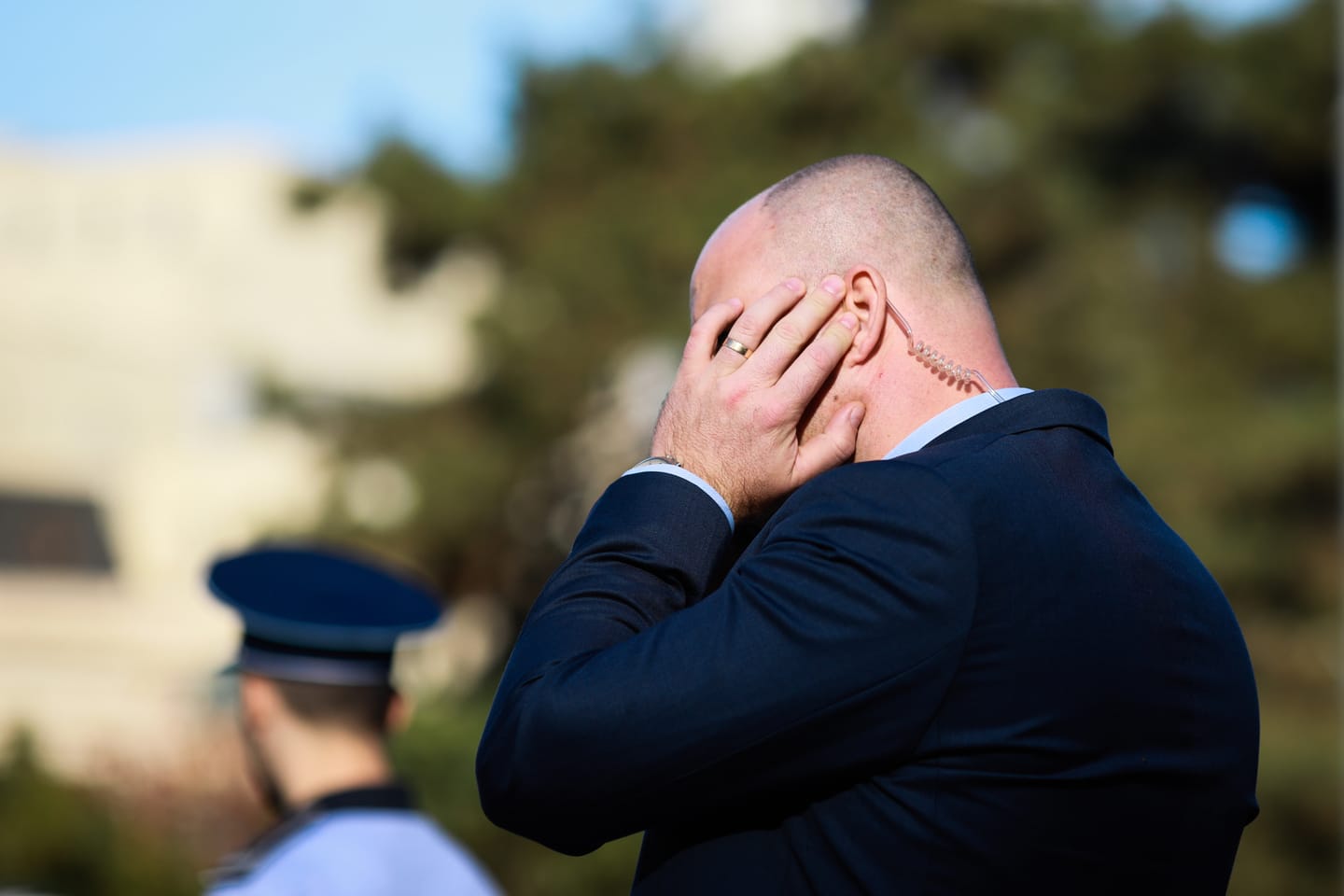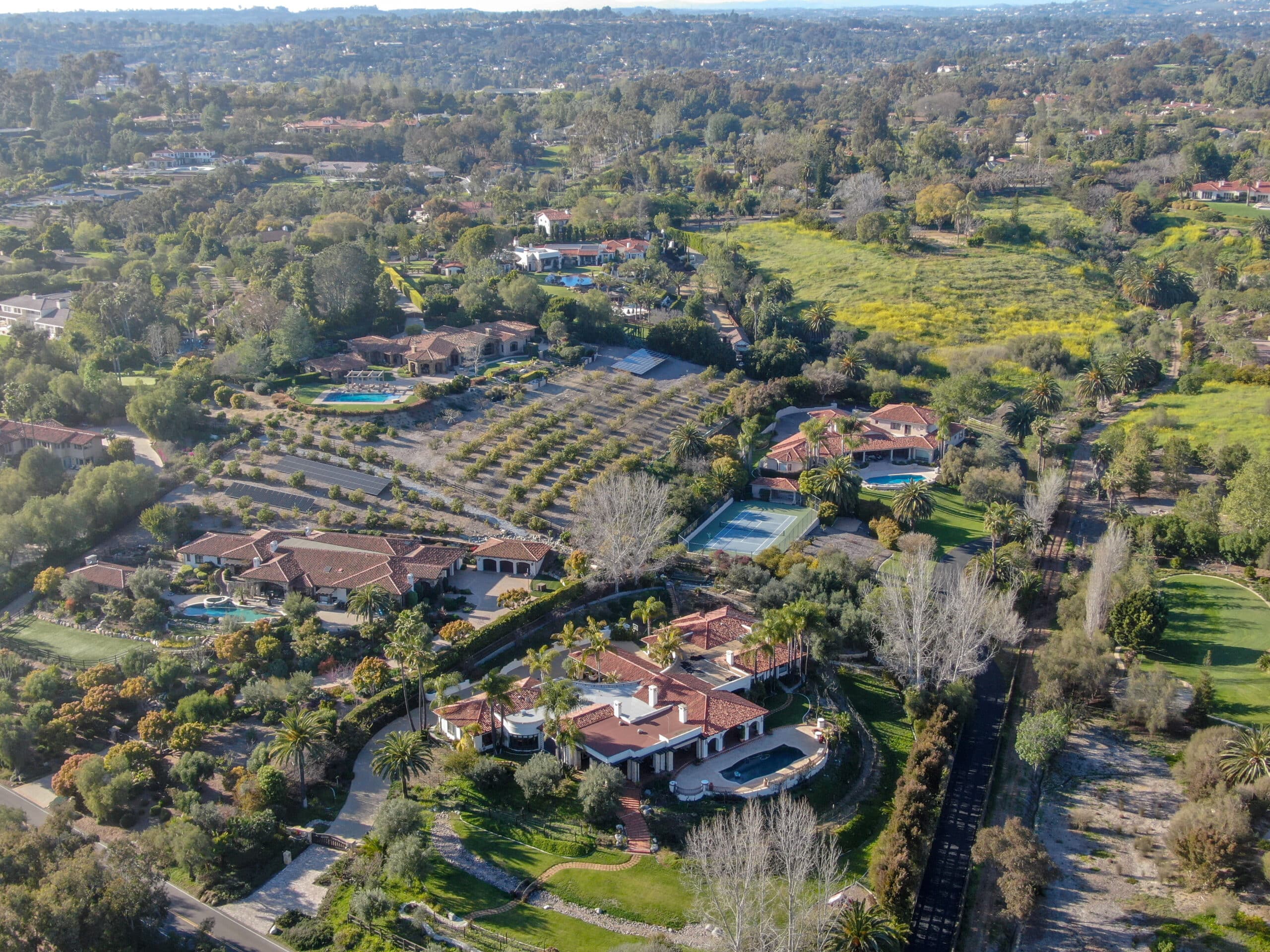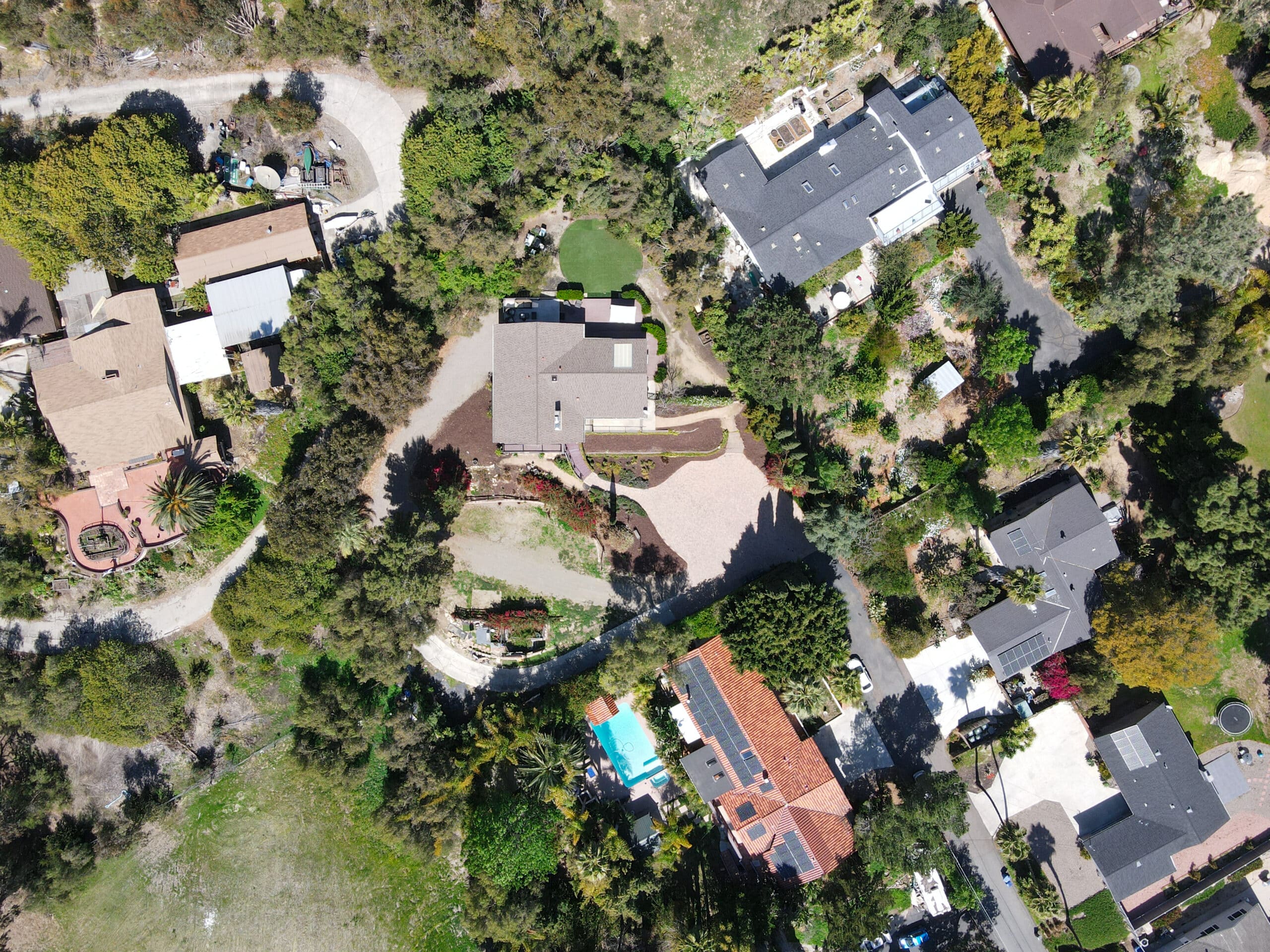Estimated reading time: 14 minutes
In an era where the line between public safety and private enterprise increasingly blurs, private security contractors have emerged as pivotal players on the global stage. Often operating beyond the public eye, these entities provide various services, from personal protection and risk assessment to intelligence gathering and crisis management. This article delves into the multifaceted world of private security contractors, shedding light on their roles, impacts, and the complex ethical, legal, and security dimensions they navigate.
Table of contents
- The Evolution and Expansion of Private Security Contractors
- The Global Footprint of Private Security Contractors
- The Integration of Technology in Private Security Operations
- Ethics, Accountability, and the Social Implications of Private Security
- The Strategic Role of Private Security in Crisis Management and Response
- Collaborative Efforts Between Private Security and Public Law Enforcement
- The Role of Private Security in Protecting Critical Infrastructure and Key Assets
- Future Trends and Challenges in the Private Security Industry
- Conclusion
The Evolution and Expansion of Private Security Contractors
The Historical Context of Private Security
The roots of private security contractors trace back to ancient times when merchants hired guards to protect their goods from thieves. Fast forward to the modern era, and the landscape has transformed dramatically. In particular, the late 20th and early 21st centuries witnessed a significant expansion of private security firms. Various factors, including geopolitical shifts, the privatization of military functions, and the increasing complexity of threats in a globalized world, fueled this growth. These firms have filled gaps left by traditional state security apparatuses, offering specialized services that cater to the unique needs of their clients. The transition from rudimentary guarding services to sophisticated operations involving intelligence and counterintelligence activities marks a significant evolution in the scope and nature of the services provided by these entities.
The Surge in Demand for Private Security Services
In recent decades, the demand for private security services has surged. This increase reflects not merely heightened security concerns but also private firms’ perceived efficiency, flexibility, and advanced capabilities. Unlike state security forces, private contractors can operate with fewer bureaucratic encumbrances, allowing for rapid deployment and adaptability in dynamic environments. The demand is particularly notable in regions experiencing political instability, where governments and international organizations often rely on private security for protective services, logistical support, and even peacekeeping operations. Moreover, the corporate sector increasingly recognizes the value of private security in safeguarding assets, with businesses investing substantially in protective services to mitigate a wide array of risks.
Diversification of Services and Operational Capabilities
Private security contractors are not monolithic; they encompass a broad spectrum of services and operational capabilities ranging from armed protection and convoy security to cyber defense and forensic analysis. The industry has significantly shifted towards incorporating technology-driven solutions, such as surveillance drones, biometric systems, and advanced communication networks. This technological integration enhances the operational effectiveness of private security firms and expands their role in intelligence gathering and cybersecurity. Furthermore, many firms now offer comprehensive risk assessment and crisis management services, providing clients with strategic insights and contingency planning to navigate complex security landscapes. This diversification reflects a proactive approach to security, where prevention and strategic planning are as crucial as response capabilities.
The Global Footprint of Private Security Contractors
Geographic Expansion and Strategic Presence
Private security contractors have established a formidable global presence, operating in diverse environments ranging from metropolitan centers to conflict zones. Their strategic geographic expansion aligns with regions with high-security demands, and state apparatuses may be overstretched or under-resourced. In war-torn areas, these contractors often bridge the gap between military operations and civilian security needs, providing services that protect humanitarian missions and secure critical infrastructure. In more stable regions, their presence is felt in protecting corporate assets, event security, and safeguarding high-profile individuals. This global footprint underscores the adaptability and reach of private security firms and their role in shaping security dynamics in various contexts.
Impact on International Security and Local Dynamics
The pervasive presence of private security contractors on the international stage has profound implications for security dynamics, both globally and locally. On the one hand, their services contribute to stability in volatile regions by offering expertise and resources that might be beyond the capacity of local forces. They also play a role in international peacekeeping and reconstruction efforts, often under contracts with governments or international bodies. On the other hand, their activities can intersect with local politics and security situations in complex ways, sometimes exacerbating tensions or contributing to power imbalances. The interaction between private security contractors and regional stakeholders is a delicate dance, requiring careful navigation to ensure their presence reinforces rather than undermines security and stability.
Regulatory Challenges and the Quest for Accountability
As private security contractors have proliferated, so too have concerns about regulation and accountability. Operating across multiple jurisdictions and often in legally ambiguous spaces, these entities pose significant challenges to international law and governance. Issues such as the legal status of contractors, the applicability of international humanitarian law, and accountability for misconduct are at the forefront of ongoing debates. Efforts to regulate the industry, such as the Montreux Document and the International Code of Conduct for Private Security Service Providers, reflect a growing recognition of these challenges. However, the enforcement of such frameworks needs to be more consistent, raising questions about the effectiveness of current regulatory mechanisms and the need for a more robust global governance structure to oversee the activities of private security contractors.
The Integration of Technology in Private Security Operations
Advanced Surveillance and Intelligence Gathering
The integration of cutting-edge technology has revolutionized the operations of private security contractors, particularly in the realm of surveillance and intelligence gathering. Advanced systems like high-resolution satellite imagery, uncrewed aerial vehicles (UAVs), and sophisticated electronic surveillance equipment have enhanced the ability of these firms to monitor environments, track potential threats, and gather actionable intelligence. These technological tools enable comprehensive situational awareness crucial for effective security planning and response. Moreover, the use of big data analytics and artificial intelligence in processing and interpreting vast amounts of information has transformed intelligence gathering into a more precise and predictive discipline, further enhancing the operational capabilities of private security firms.
Cybersecurity and Digital Protection Services
In an age where cyber threats pose significant risks to individuals, corporations, and governments, private security contractors have rapidly expanded their services to include cybersecurity and digital protection. These firms offer various services, from securing network infrastructures and managing cyber risk to responding to cyber incidents and providing digital forensics. Their expertise in this domain is increasingly sought after as the sophistication and frequency of cyberattacks continue to grow. Private security contractors defend against digital threats and engage in proactive cyber intelligence operations to identify potential vulnerabilities and preemptively address them. Their role in safeguarding digital assets and infrastructures is a testament to the evolving nature of security in the digital age.
The Use of Robotics and Automated Systems
The deployment of robotics and automated systems represents another frontier in the technological evolution of private security services. These technologies, from autonomous patrol drones to robotic surveillance units, are integrated into security operations to enhance efficiency, reduce human risk, and provide persistent monitoring capabilities. These automated systems can perform repetitive or hazardous tasks, allowing human personnel to focus on more complex decision-making and strategic activities. Additionally, integrating machine learning algorithms enables these systems to improve over time, adapting to new threats and changing environments. Using robotics and automation augments private security contractors’ capabilities and signifies a shift towards a more proactive and adaptive security posture.
Ethics, Accountability, and the Social Implications of Private Security

Navigating the Moral and Ethical Landscape
The operations of private security contractors often raise intricate moral and ethical questions, particularly in contexts where the line between legitimate force and excessive use of power can blur. Privatizing security functions traditionally held by the state introduces a market dynamic where profit motives may conflict with human rights considerations and the rule of law. Private security firms must navigate this landscape carefully, establishing robust ethical guidelines and training programs to ensure their operations uphold the highest standards of conduct. This involves not only adherence to international laws and norms but also a commitment to ethical business practices, transparency, and respect for the dignity and rights of individuals in all operational contexts.
Strengthening Accountability Mechanisms
The issue of accountability is central to the legitimacy and social acceptance of private security contractors. Private firms operate in a more complex regulatory environment, unlike state security forces, which are subject to public oversight and legal frameworks. Strengthening accountability mechanisms involves multiple layers, from internal controls and compliance systems within the firms to external oversight by regulatory bodies, governments, and international organizations. Effective accountability also requires clear and enforceable contractual terms, comprehensive incident reporting, and mechanisms for addressing grievances and misconduct. Establishing a culture of accountability mitigates the risks associated with private security operations and reinforces the trust and confidence of clients, stakeholders, and the broader public.
The Impact on Local Communities and Social Dynamics
Private security contractors’ presence and activities can profoundly impact local communities and social dynamics, particularly in regions where their operations are concentrated. These impacts can be positive, such as providing employment opportunities, enhancing regional security, and contributing to community development initiatives. However, there can also be negative consequences, such as exacerbating social tensions, contributing to insecurity, or creating dependencies on external security provisions. Private security firms must be cognizant of these social implications and strive to engage with local communities in a manner that is respectful, responsible, and aligned with broader societal goals. This involves understanding the regional context, fostering open communication, and ensuring that their operations contribute to, rather than detract from, the social fabric and well-being of the communities they serve.
The Strategic Role of Private Security in Crisis Management and Response
Proactive Crisis Prevention and Risk Assessment
Private security contractors play a pivotal role in crisis management, often acting as the first line of defense in identifying and mitigating potential threats before they escalate. Their services in this domain encompass a broad spectrum, from conducting detailed risk assessments to implementing comprehensive security protocols tailored to specific scenarios. By leveraging their expertise and intelligence capabilities, private security firms can anticipate vulnerabilities, assess the probability and impact of various threats, and develop strategic plans to prevent or minimize potential crises. This proactive approach to crisis management safeguards clients and contributes to broader stability by preventing security incidents that could have wider repercussions.
Rapid Response and Operational Resilience
In the event of a crisis, the ability of private security contractors to respond swiftly and effectively is crucial. Their operational resilience is underpinned by highly trained personnel, advanced technological systems, and well-established protocols that enable rapid mobilization and deployment. Whether responding to a terrorist attack, natural disaster, or any other emergency scenario, private security firms are equipped to manage complex situations, coordinate with relevant authorities, and provide essential services such as evacuation, medical assistance, and asset protection. Their capacity for rapid response mitigates the immediate impact of crises and sets the stage for adequate recovery and stabilization efforts.
Long-Term Recovery and Continuity Planning
Beyond immediate crisis response, private security contractors are instrumental in facilitating long-term recovery and continuity planning. Their involvement does not end with resolving the immediate crisis; instead, they work closely with clients to assess the aftermath, identify lessons learned, and implement measures to strengthen resilience against future incidents. This may involve revising security strategies, enhancing infrastructure, or providing training and capacity building for client personnel. By ensuring continuity and aiding in the recovery process, private security firms demonstrate their commitment to protecting assets and individuals and fostering resilience and stability in the face of an ever-evolving array of threats and challenges.
Collaborative Efforts Between Private Security and Public Law Enforcement
Enhancing Public Safety through Strategic Partnerships
The relationship between private security contractors and public law enforcement agencies is pivotal for enhancing public safety and security. Strategic partnerships that leverage the strengths of both entities can lead to more comprehensive security solutions. Private security firms bring specialized skills, advanced technology, and flexibility, while public law enforcement provides legal authority, broad jurisdictional reach, and community-based knowledge. Collaborations involve joint training exercises, information sharing, and coordinated responses to incidents, ensuring that efforts are synergistic rather than duplicative. When effectively aligned, these partnerships can fill critical gaps in resources and expertise, thereby enhancing the overall security landscape.
Navigating Jurisdictional and Operational Boundaries
Collaboration between private security contractors and public law enforcement must navigate complex jurisdictional and operational boundaries. Clear delineation of roles, responsibilities, and authority is crucial to avoid conflicts and ensure that actions are legally grounded and socially acceptable. Establishing interaction, communication, and command protocols in various scenarios can help manage these boundaries effectively. Moreover, respecting each entity’s jurisdictional limits and operational mandates is essential to maintain public trust and ensure that the enforcement of laws and security measures is consistent, fair, and in line with democratic values and human rights.
Addressing Challenges and Building Mutual Trust
Building a productive relationship between private security and public law enforcement is challenging. Issues of trust, differing priorities, and potential resource competition can obstruct effective collaboration. Overcoming these challenges requires a concerted effort to build mutual trust, foster open communication, and establish shared goals. Regular interaction, joint training programs, and collaborative planning for security and crisis scenarios can help bridge gaps and align objectives. Private security contractors and public law enforcement can work together to create a more secure and resilient society by focusing on common interests such as community safety, crime prevention, and effective crisis management.
The Role of Private Security in Protecting Critical Infrastructure and Key Assets
Securing Vital Facilities and Systems
Private security contractors are increasingly entrusted with protecting critical infrastructure and key assets, including utilities, transport systems, communication networks, and energy supplies. The security of these assets is paramount, as their disruption can have severe implications for national security, economic stability, and public safety. Private security firms employ a multifaceted approach to safeguard these facilities, combining physical security measures, technological solutions, and human expertise. This involves perimeter defense and access control and the implementation of sophisticated surveillance systems, threat detection technologies, and cybersecurity measures to protect against a wide range of threats, from terrorism and sabotage to cyberattacks and natural disasters.
Mitigating Risks in a Complex Threat Landscape
The threat landscape facing critical infrastructure and key assets is complex and dynamic, characterized by diverse potential risks, from sophisticated cyber threats to geopolitical instabilities. Private security contractors are crucial in identifying, assessing, and mitigating these risks. Their intelligence analysis, threat assessment, and risk management expertise enable them to provide strategic insights and develop comprehensive security strategies. By staying ahead of emerging threats and continuously adapting their tactics and technologies, private security firms help ensure that critical infrastructure and key assets remain resilient in the face of an ever-evolving threat environment.
Ensuring Continuity and Operational Integrity
Beyond immediate security measures, private security contractors are integral in ensuring the continuity and operational integrity of critical infrastructure and key assets. This involves not only the protection of physical facilities but also the safeguarding of operating processes, information systems, and supply chains. Private security firms work closely with infrastructure operators to develop and implement business continuity plans, conduct regular security audits, and provide training and capacity-building for staff. Their involvement contributes to the overall resilience of critical infrastructure, ensuring that these vital systems can withstand disruptions and function effectively even in adverse conditions.
Future Trends and Challenges in the Private Security Industry
Adapting to Technological Advancements and Emerging Threats
The private security industry is poised to continue its evolution, heavily influenced by rapid technological advancements and the emergence of new threats. Innovations in artificial intelligence, robotics, and surveillance technologies are expected to transform how private security services are delivered. These technological advancements promise enhanced capabilities, from predictive threat analysis to autonomous response systems. However, they also bring challenges, such as the need for continuous upskilling of personnel and the imperative to safeguard against potential misuse of technology. Private security contractors must remain agile and forward-thinking, ready to adapt their strategies and operations to leverage new technologies effectively while mitigating associated risks.
Balancing Privacy Concerns with Security Needs
As private security contractors increasingly rely on data-driven technologies and surveillance systems, balancing the need for security with respect for individual privacy becomes more critical. The industry faces the challenge of implementing robust security measures while ensuring compliance with privacy laws and ethical standards. This requires a nuanced approach to data collection, storage, and analysis, with clear protocols for safeguarding personal information and transparent policies regarding surveillance technologies. Establishing trust with clients, stakeholders, and the public necessitates a commitment to responsible data management and a proactive stance on protecting privacy rights.
Navigating a Complex Regulatory and Geopolitical Landscape
The private security industry operates within a multifaceted regulatory and geopolitical landscape continually shifting. Changes in international relations, domestic laws, and global security frameworks can significantly impact the operations of private security contractors. Staying informed and compliant with a complex web of regulations while being adaptable to geopolitical shifts is essential for maintaining operational legitimacy and ensuring the effective delivery of services. Private security firms must cultivate a deep understanding of the regulatory environments in which they operate and develop strategies to navigate these complexities successfully. Fostering open dialogue with regulatory bodies, participating in industry associations, and advocating for transparent and fair regulatory standards are vital to ensuring the industry can thrive in an ever-changing global context.
Conclusion
In conclusion, private security contractors are navigating a path of constant evolution and adaptation, driven by rapid technological advancements, emerging threats, and changing geopolitical realities. They must balance security needs with privacy concerns, navigate complex regulations, and continuously enhance their operational capabilities. As they redefine their role in the global security architecture, these firms embody a story of vigilance, adaptability, and steadfast commitment to multidimensional security, fostering a safer and more resilient world in an increasingly interconnected and unpredictable landscape.












